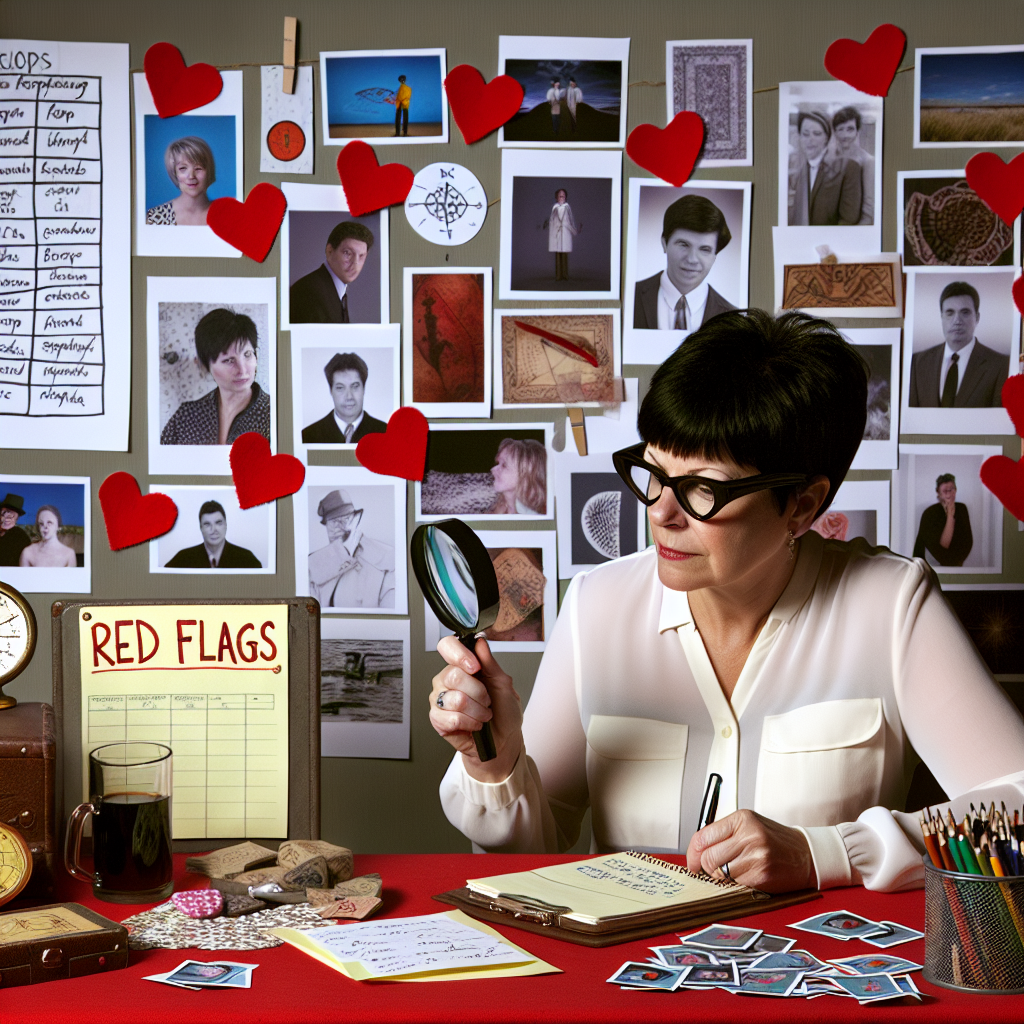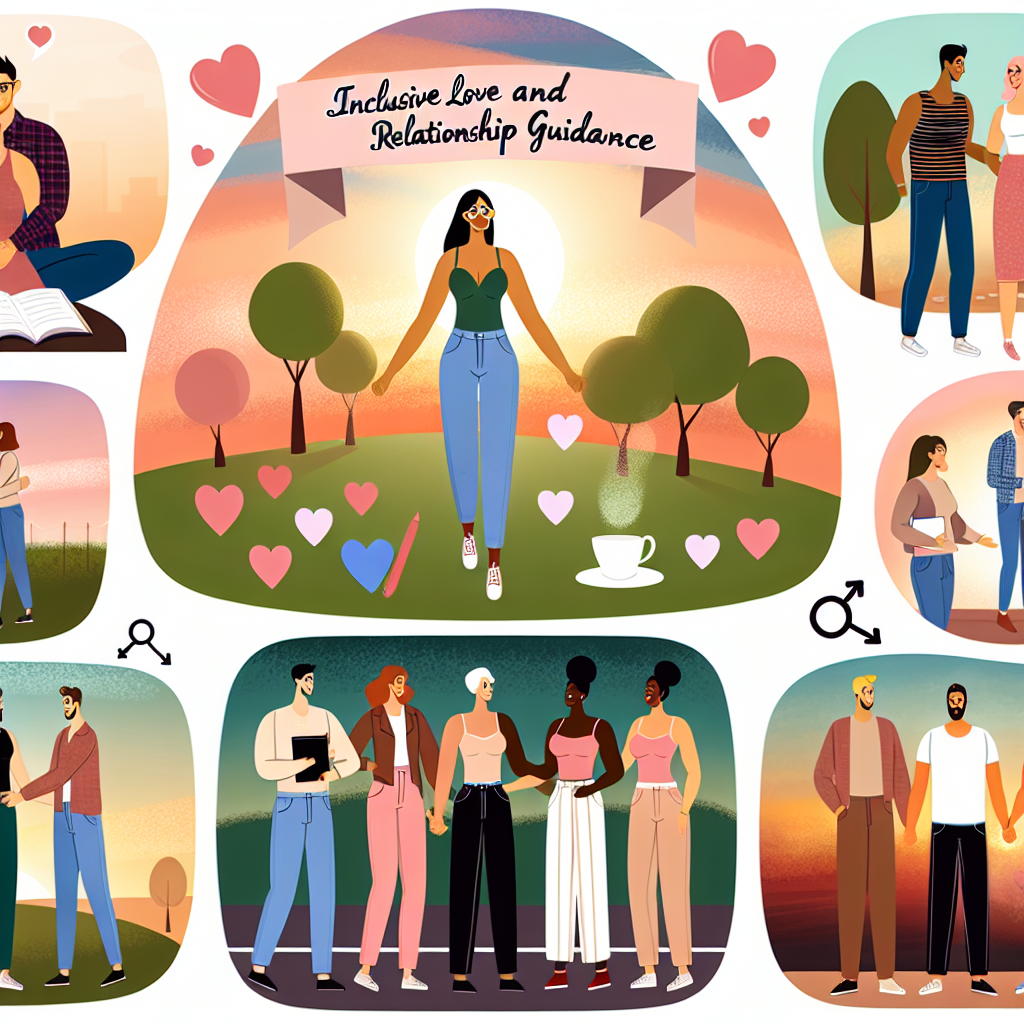Matchmaking Red Flags: What Professional Cupids Watch For—And You Should Too
Introduction: The Fine Line Between Romance and Red Flags
Finding love in today’s dating landscape is a balancing act between optimism and caution. While dating apps, matchmaking services, and social events create exciting opportunities for romance, they also introduce potential pitfalls that can derail your journey toward a healthy relationship.
Professional matchmakers—often referred to as “Cupids”—are experts at spotting relationship warning signs that signal emotional unavailability, toxicity, dishonesty, or deeper incompatibility issues. These red flags may not always be obvious at first, as initial excitement, attraction, or even loneliness can obscure concerning behaviors. However, professional matchmakers are trained to detect subtle signs such as inconsistent communication, secrecy, controlling tendencies, or an unwillingness to compromise.
Psychologists and relationship researchers emphasize the importance of identifying patterns that predict relationship dissatisfaction. Studies from The Gottman Institute indicate that certain behaviors, including contempt, defensiveness, and stonewalling, are strong indicators of emotional dysfunction in relationships.
This guide explores key red flags that professional matchmakers watch for during the dating process. By recognizing these signs early, you can make informed decisions and increase your chances of building a successful, fulfilling relationship.
Recognized Studies on Relationship Red Flags: What Science Says
Several prominent psychological and relationship studies offer valuable insights into the red flags that professional matchmakers analyze when evaluating potential partners. Understanding these research-backed warning signs can help you protect yourself from unhealthy relationships.
1. John Gottman’s “Four Horsemen”: Four Signs of Relationship Doom
Dr. John Gottman, one of the world’s leading relationship researchers, introduced the concept of the “Four Horsemen of the Apocalypse” as four destructive behaviors that often spell disaster for relationships. These include:
– Criticism: Constantly judging or attacking a partner’s character instead of addressing specific behaviors.
– Contempt: Mocking, name-calling, or expressing superiority over a partner.
– Defensiveness: Denying responsibility, making excuses, or shifting blame instead of addressing issues.
– Stonewalling: Emotionally withdrawing, avoiding meaningful discussions, and refusing to engage in conflict resolution.
According to The Gottman Institute, couples who frequently exhibit these behaviors are far more likely to experience dissatisfaction and eventual breakup. Professional matchmakers assess their clients and potential partners for these behavioral markers to predict relationship viability.
[The Gottman Institute – The Four Horsemen](https://www.gottman.com/blog/the-four-horsemen-recognizing-criticism-contempt-defensiveness-and-stonewalling)
2. Attachment Styles: The Key to Emotional Availability
Attachment theory, developed by John Bowlby and expanded by Mary Ainsworth, explains how early-life emotional bonds impact adult relationships. Research indicates that individuals with avoidant or anxious attachment styles tend to struggle with forming healthy romantic relationships.
Signs of problematic attachment styles may include:
– Inconsistent communication (hot-and-cold behavior)
– Fear of commitment or reluctance to define the relationship
– Emotional withdrawal during moments of vulnerability
A study in the *Journal of Social and Personal Relationships* found that people with insecure attachment styles are more likely to engage in unhealthy relationship dynamics. Professional matchmakers use attachment theory principles to identify whether someone is emotionally available and capable of forming a secure bond.
[Journal of Social and Personal Relationships – Attachment Styles](https://journals.sagepub.com/home/spr)
3. Narcissistic Traits: A Hidden Danger in Dating
Research on narcissistic personality traits, published in *Personality Disorders: Theory, Research, and Treatment*, highlights the dangers of dating individuals with manipulative or toxic tendencies. Some of the most common red flags associated with narcissism include:
– Gaslighting: Manipulating a partner to make them question their reality.
– Love bombing: Showering someone with excessive affection early in dating to establish emotional dependency.
– Lack of empathy: Dismissing or ignoring a partner’s feelings and needs.
Matchmakers are trained to identify early signs of narcissism to protect their clients from unhealthy relationships. Recognizing these traits early can prevent the emotional turmoil that often comes with dating someone with a narcissistic personality.
[American Psychological Association – Narcissistic Personality and Toxic Dating Patterns](https://psycnet.apa.org/journals/per)
Conclusion: Safeguard Your Heart and Look for the Right Signs
Dating should be an exciting and fulfilling journey, but ignoring red flags can lead to unnecessary heartache and emotional distress. Professional matchmakers rely on years of experience and psychological insights to assess compatibility while avoiding common dating pitfalls.
By keeping an eye out for signs of emotional unavailability, manipulative tendencies, and unhealthy communication patterns, you can make more informed choices in your romantic life. Whether you’re just starting to date or re-entering the dating scene later in life, recognizing these red flags will help you build healthier connections and ultimately find a love that lasts.
Remember: Love should feel safe, consistent, and supportive. Staying aware of these relationship warning signs will allow you to navigate the dating world with confidence and clarity.
Summary:
This article explores the key relationship red flags that professional matchmakers, or “Cupids,” watch for when evaluating potential partners. By understanding the research-backed signs of emotional unavailability, toxicity, and incompatibility, readers can make more informed decisions in their dating lives and increase their chances of finding a fulfilling, lasting relationship.

Dominic E. is a passionate filmmaker navigating the exciting intersection of art and science. By day, he delves into the complexities of the human body as a full-time medical writer, meticulously translating intricate medical concepts into accessible and engaging narratives. By night, he explores the boundless realm of cinematic storytelling, crafting narratives that evoke emotion and challenge perspectives. Film Student and Full-time Medical Writer for ContentVendor.com




